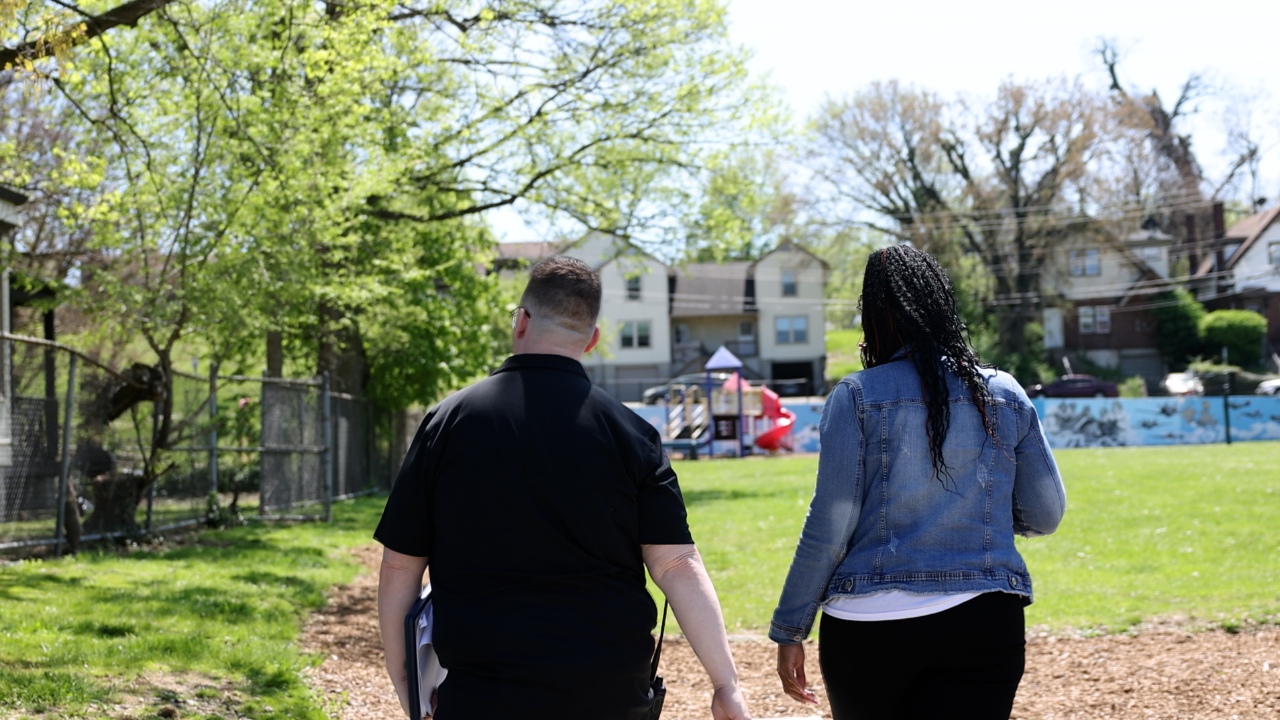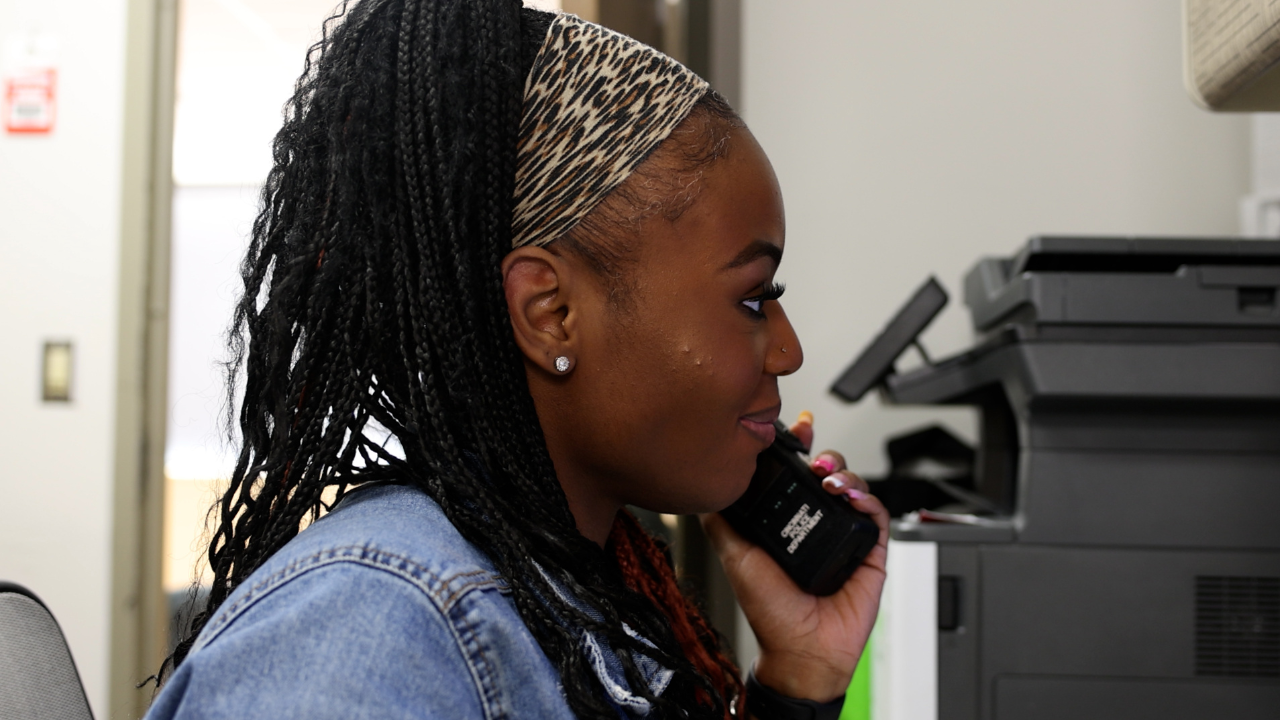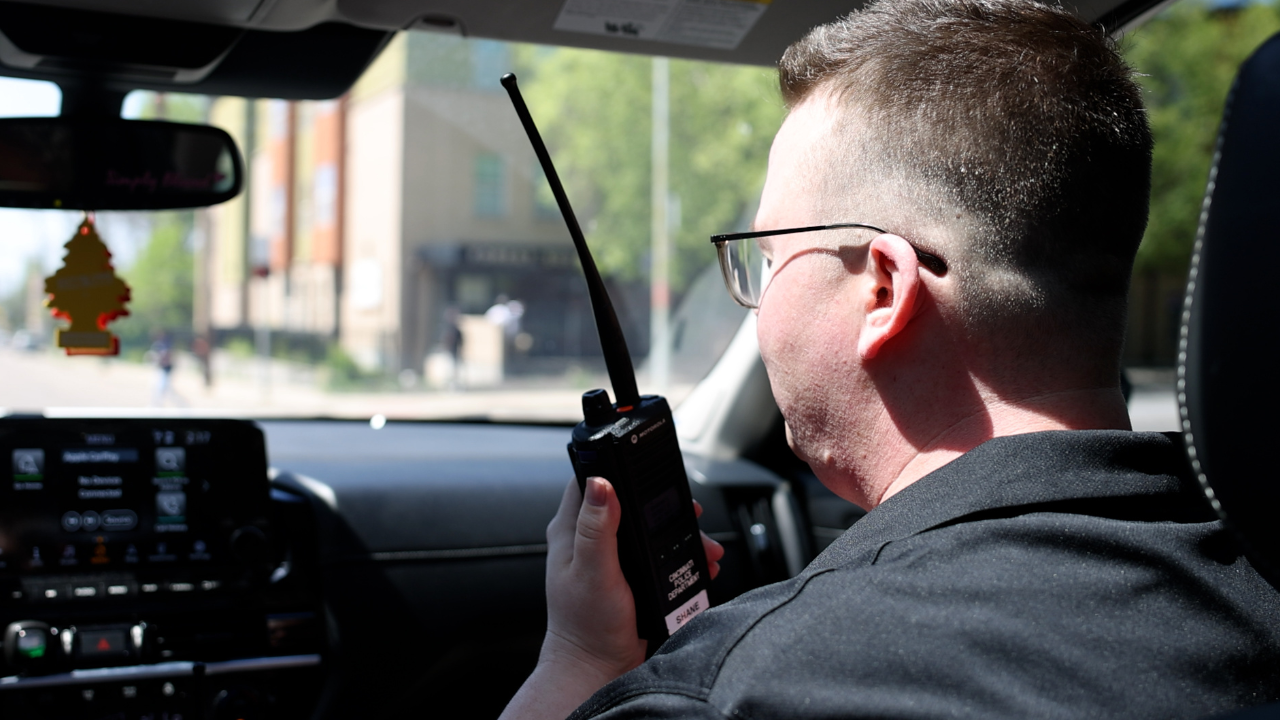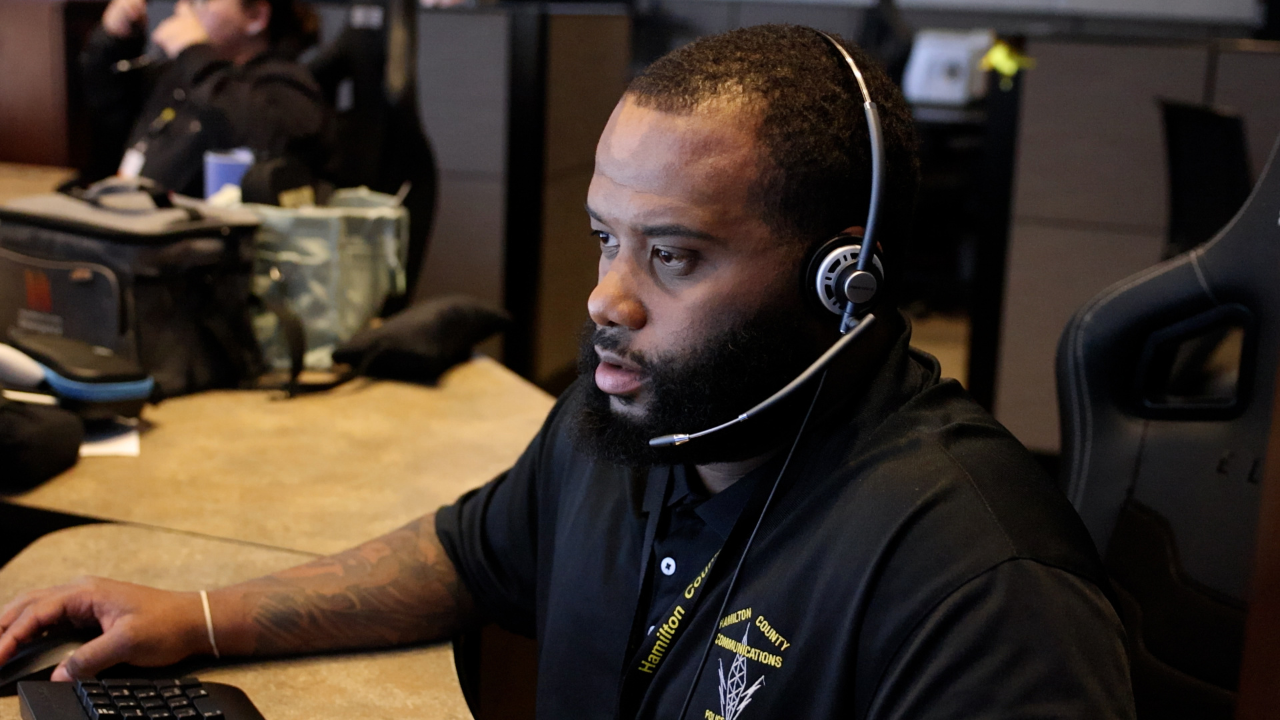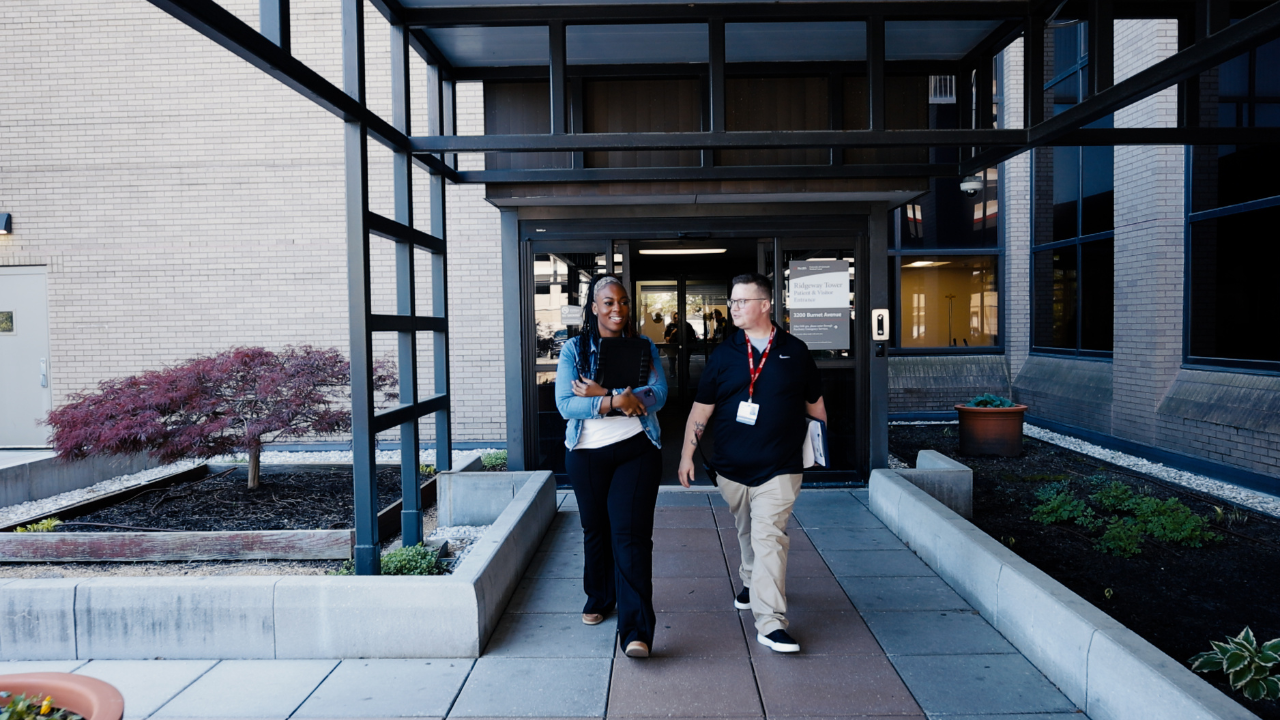Outside Our Walls: Taking Mental Health Care into the Community
That moment when hope is disappearing, and a person doesn’t see anywhere to turn. That’s the moment when mental health intervention is a matter of life and death.
They need someone to show up for them now—and that’s when the UC Health Mobile Crisis Team (MCT) moves into action, serving individuals throughout Hamilton County. At UC Health, we’re changing the way mental health care is delivered and improving outcomes for people in Hamilton County and beyond:
- Our MCT meets people where they’re at—in their home, in their school, on the side of the road. We’re removing barriers and bringing expert mental health care at the moment people need it most.
- Our approach combines master’s level clinicians and peer support specialists, providing a wrap-around approach that addresses the immediate need and helps connect people to resources and support for long-term success.
“With emergent needs, it’s important to have individuals who are qualified mental health professionals go out into the community to help these individuals where they are. Crises don’t happen between 9 and 5, so our team is here to help 24/7,” says Katie Cannon, manager of the UC Health MCT.
If you or someone you know needs help, there are multiple ways to reach our MCT. Call 911 or 513-584-5098.
Please note that the UC Health Mobile Crisis Team's direct line (513-584-5098) is specifically for response in Hamilton County. If outside this area call 911.
The Mental Health Crisis
The statistics are staggering. In a room of five adults, at least one is experiencing a mental illness. Even more concerning, suicide is the second leading cause of death among ages 10-14, the third leading cause of death among those ages 15-24, and the 12th leading cause of death in the U.S. overall.
As the number of Americans with diagnosed mental health conditions continues to rise, those receiving treatment isn’t keeping pace. According to a survey by NORC, 57% of people who tried to find care for either a mental health or substance use issue were unable to find access.
In addition to challenges accessing care, there continues to be a stigma around seeking mental health services or even talking about mental health.
When people are unable or unwilling to seek care for mental health and substance use issues, they face hospitalization, jail, or even worse, death. At UC Health, our MCT provides an avenue to help people when they are in the middle of a mental health crisis; one that has a goal of keeping people safe and getting them the care they need to address their mental health concerns.
